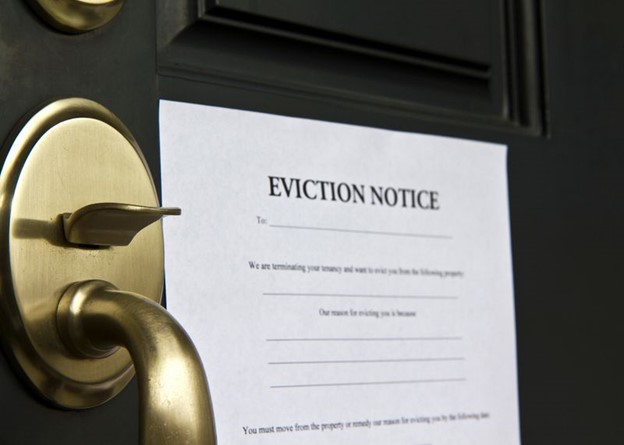-
When $25B won’t make a dent…
U.S. Renters Could Owe $70 Billion By January, when the federal eviction moratorium expires, 11.4 million households in the U.S. might be more than three months behind in their rent, […]
-
COVID – 19 Relief Bill – A Review of the Housing Provisions
The Covid-19 relief bill was just posted and includes the following provisions that will impact housing: Emergency Rental Assistance – There is $25B for rental costs including back rent, forward […]
-
FHFA Extends Foreclosure Moratorium Through January
The Federal Housing Finance Agency has announced that single-family homeowners with mortgages backed by Fannie Mae and Freddie Mac will be protected from foreclosure for at least another month. The […]
-

Florida foreclosure filings trend up as some fear a fall wave awaits
By John Haughey | The Center Square | 9/20/2020 Gov. Ron DeSantis extended Florida’s eviction and foreclosure moratorium until Oct. 1 last month, delaying what some fear will be a […]
-

CDC Issues Temporary Halt in Residential Evictions To Prevent the Further Spread of COVID-19
The Centers for Disease Control and Prevention (CDC), located within the Department of Health and Human Services (HHS) announces the issuance of an Order under Section 361 of the Public […]
-
Eviction cases pile up in the courts while tenants wait to see whether DeSantis extends moratorium
As renters wait to find out whether the governor will again extend the COVID-19-related eviction moratorium, hundreds of landlords are filing evictions cases against tenants they assert are taking advantage […]
